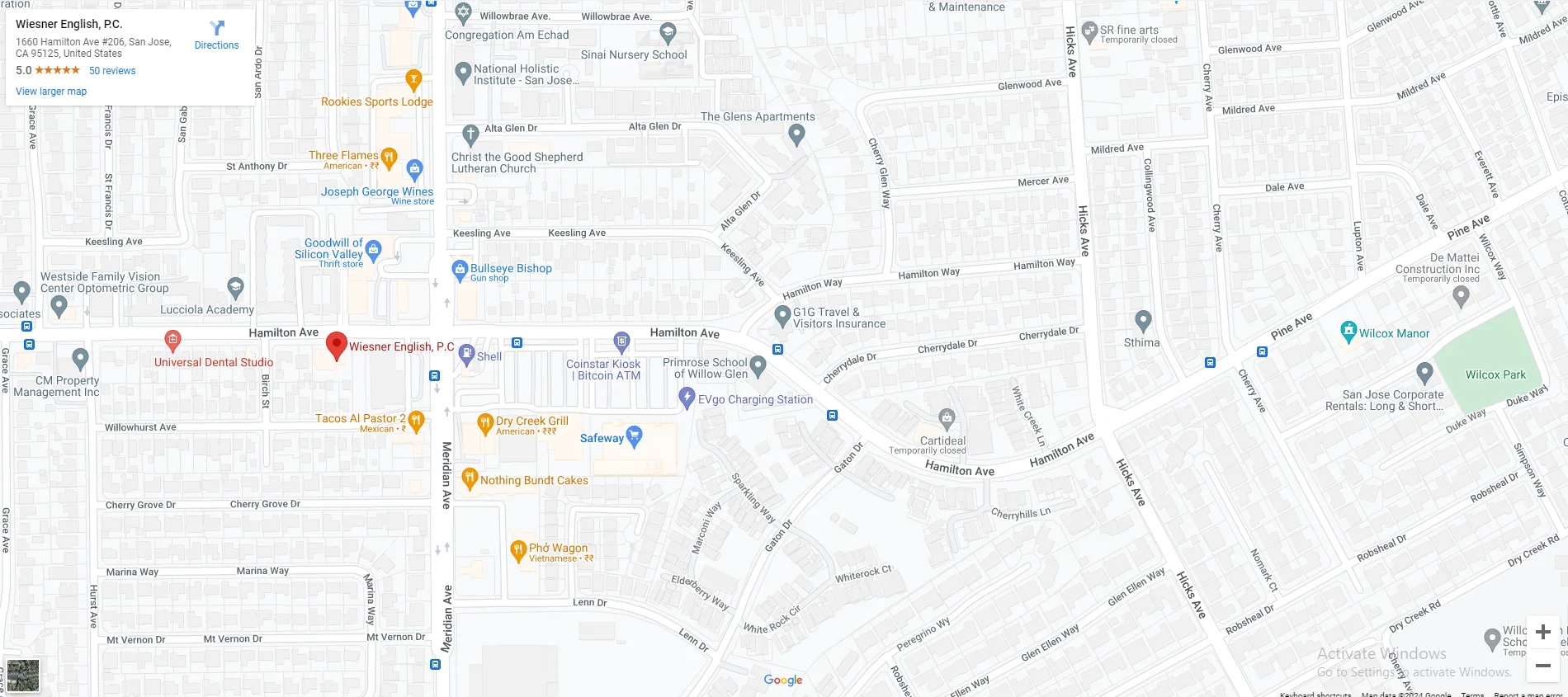SB 697 and the Hurdles to a “Value of Care” Model in California Workers’ Compensation

Last month, the California Senate passed SB 697. This bill, if signed into law, would require the Administrative Director of the Division of Workers’ Compensation to perform a study on whether it would be viable to link payment for workers’ compensation medical treatment to “value of care” instead of the current model where providers are paid based on services performed. Anyone who is involved in the workers’ compensation system should agree that people injured on the job should find more value and care. It will be interesting to see the results of this study, of course, but it seems such a switch would have to overcome hurdles.
The Lack of Trust in Workers’ Compensation
First, the workers’ compensation system is mired in a lack of trust. Take, for example, the 2020 changes to 8 CCR 10629. Prior to this change, a workers compensation judge could order one of the parties to serve minutes following a hearing. What happened? People wouldn’t. Instead of responding to offenders with sanctions, 8 CCR 10629 was enacted so anyone ordered to serve by a workers’ compensation judge must file the proof of service with the Workers’ Compensation Appeals Board.
There is a severe lack of trust between medical providers and claims administrators. Most employers (directly, through insurance carriers, or through claims administrators), have enacted a Medical Provider Network (MPN). This is a list of medical providers who can see an injured worker for a claim. If I have an injury and call one of these doctors, they’ll usually tell me they need authorization from the adjuster. The medical provider, even if knowing they’re in network, often doesn’t trust the claims administrators will pay without being pre-authorized. It’s easy to imagine many providers would not trust claims administrators’ value assessments, much less trust fair and timely payment after the delay of assessing “value.”
Adjusters don’t trust doctors, even when inside the employer’s MPN. One would think if a medical provider is in-network, there would be trust for that provider’s judgment. Unfortunately, this is not the case. All requests for medical treatment from an MPN doctor is subject to Utilization Review (UR). Even if specific medical treatment is approved, it is delayed by the time it takes to process the request through UR, inform the provider of the approval, and re-schedule the patient. That’s if services are approved. As I write this, I’m looking at case with over 50 medical treatment denials in a year. Over 50 times, an in-network doctor has said “my patient needs this to get better” and Utilization Review denied care. How much value did that injured worker find in the medical care? How much “value” was the doctor allowed to deliver?
The Limits on Workers’ Compensation Medical Treatment
This brings me to the second challenge I’d expect from a value based service. How can a provider demonstrate value in the face of rampant medical treatment denials? If my workers’ compensation doctor recommends physical therapy and it’s denied, was there value in that appointment? If not, whose fault is that? The doctor who is trying to help or the claims administrator who is motivated to keep costs down?
Then there’s the Medical Treatment Utilization Schedule (MTUS). The MTUS is a set of evidence based medical treatment guidelines. Let’s say I have a neck injury. My doctor thinks it’s severe enough to warrant disc replacement based on an MRI. Is it authorized? The MTUS indicates the injury must be “resistant to at least 6 weeks of non-operative care.” Meaning the doctor would need to show that 6 weeks of medical treatment failed to demonstrate significant value. This is a theme suffuses the MTUS because the core concept is to limit unnecessary medical treatment (and costs). How does a doctor show a given medical treatment is necessary? The less invasive treatment failed. If the less invasive treatment must fail before someone can finally enjoy medical care leading to a meaningful recovery, how is the provider getting paid while conservative treatment measures fail?
Notice, we are up to three delay points. First, authorizing the doctor for services. Second, Utilization Review time-frames. Third, demonstrating the failure of less invasive medical treatment. We can add a fourth, scheduling with the doctor in the first place (which is likely to be impacted if it’s billing and payment challenges cause more providers to decline workers’ compensation patients). With numerous delay points inherent in the workers’ compensation medical treatment system risking sub-optimal recoveries, how can we penalize the provider who couldn’t provide as much value because they couldn’t perform necessary medical treatment as quickly?
Streamlining care and increasing the value of services in the Workers’ Compensation system makes all the sense in the world. But it’s easy to imagine more providers fleeing the system if payment for their services is subject to further delay while UR allows their judgment to be routinely questioned and the MTUS requires a lack of lasting value before allowing more invasive treatment to proceed. If there is a move toward payment based on value of care, hopefully it would accompany a larger change to give doctors the chance to provide greater care with less delay.
Request A
Free Consultation
Fields marked with an * are required





